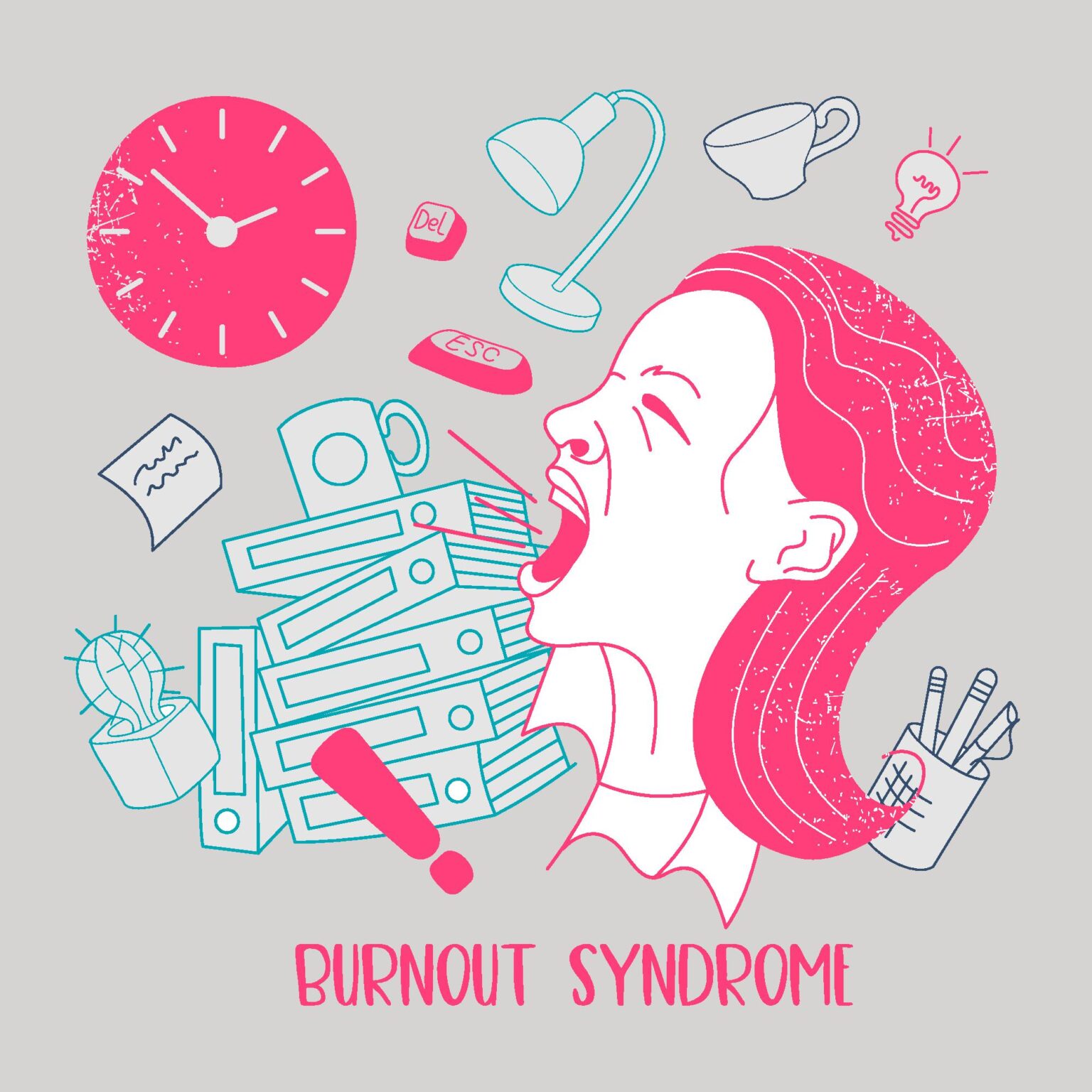Recognize and Prevent BCBA Burnout

Working as an BCBA and feeling burnt out?
You are not alone.
Burnout is one of the main reasons that therapists leave the ABA field.
In this article we will explore the stresses that cause burnout, help you recognize the signs, and show you how to recharge your batteries.
The Stresses of Being a BCBA
As a Board-Certified Behavior Analyst you will face a variety of stressors in your work. Some of the main stresses include:
High caseloads: You will often have a large number of clients with diverse needs and behaviors, which can be challenging to manage.
Time constraints: You will often be under pressure to meet deadlines and complete assessments, treatment plans, and progress reports in a timely manner.
Emotional demands: You will often work with clients who have challenging behaviors and may be in stressful or difficult situations. This can take an emotional toll on you, as you may experience compassion fatigue and other forms of mental health issues.
Administrative duties: Depending on your duties you might be responsible for completing paperwork, managing finances, and other administrative tasks. These responsibilities can be time-consuming and can take away from direct client work, which can be stressful.
Lack of support: You may feel isolated in your work, and you may not have access to a supervisor or other colleagues with whom you can discuss your cases.
Keeping up with the latest research and techniques: You will have to be up-to-date with the latest research, techniques and regulations for ABA therapy.
Societal attitudes: You may face societal attitudes about autism and other developmental disorders that are not well-informed, which can make your job more challenging.
These stresses can definitely take a toll on your mental health and lead to burnout. If you are feeling burnt out it is important to recognize the signs so you can get help.
The Signs of Burnout
Recognizing the signs of burnout will help you take the correct steps to address it and maintain your well-being. So here are some of the more common signs of burnout:
Exhaustion: You may feel physically and emotionally drained, and may have difficulty finding the energy to complete your work.
Loss of motivation: You may find that you no longer have the same passion and drive for your work, and may feel apathetic or unenthusiastic about your clients and their progress.
Increased stress: You may feel overwhelmed and stressed by your work, and may have difficulty managing your emotions.
Difficulty focusing: You may find it hard to concentrate on your work and you may make more mistakes than usual.
Negative self-talk: You may have a negative inner dialogue and feel a lack of confidence in your abilities as a BCBA.
Social isolation: You may find yourself withdrawing from friends and family, and may not have the energy or interest to engage in social activities.
Low mood: You may feel sad, anxious, or depressed, and may have a lack of enjoyment in life.
Now that we identified the signs of burnout, here’s how you can start to combat it.
How to Prevent Burnout
So how can you prevent burning out? Here are some great tips:
Set boundaries: Make sure to set clear boundaries between work and personal life, and stick to them as much as possible. This can include setting specific times for checking work email or taking calls outside of work hours.
Prioritize self-care: Make time for activities that you enjoy and that help you relax and recharge. This might include exercise, meditation, reading, or spending time with friends and family.
Seek support: Surround yourself with a supportive network of friends, family, and colleagues. Share your concerns and struggles with them and ask for help when you need it.
Take time off: Taking a break from work can help you recharge and come back to your job feeling refreshed and energized. Consider taking a vacation or a mental health day when you need it.
Reflect on your practice: Reflect on your practice, consider areas that you find particularly challenging or draining, and try to identify strategies for addressing them.
Seek professional help: If you’re experiencing burnout, it’s important to seek professional help from a therapist or counselor. They can help you work through your feelings and develop coping strategies.
Conclusion
We hope you found this resource useful. If there is something you think we should add or if there is another topic related to ABA therapy that you want us to address let us know below.